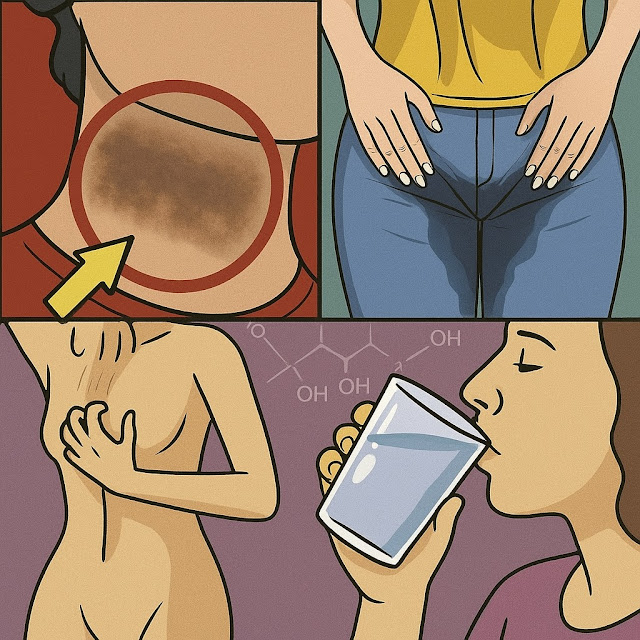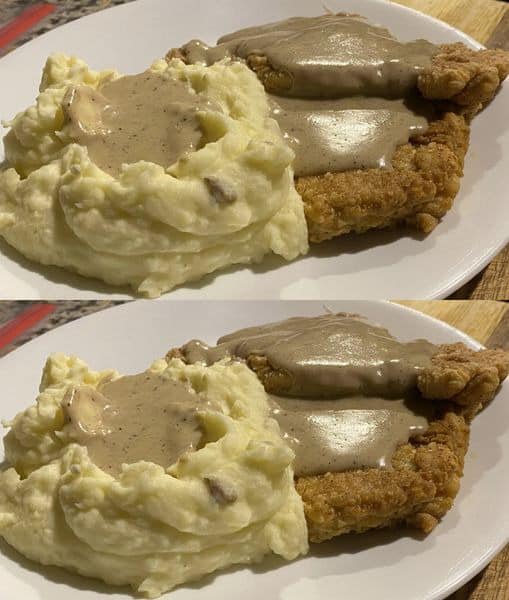Feeling ravenous just an hour after a meal? This could be a blood sugar rollercoaster .
How it works:
- High-sugar meals cause a rapid spike in blood glucose
- Your body responds with a surge of insulin
- Insulin brings blood sugar down — often too quickly , leading to a crash
- Result? Intense hunger, fatigue, and cravings
✅ Fix it: Eat protein, fiber, and healthy fats with every meal to stabilize blood sugar.
🔍 2. You’re Tired All the Time (Even After Good Sleep)
You slept 8 hours. You drank coffee. But you’re still dragging.
Excess sugar can disrupt energy production at the cellular level. Over time, insulin resistance develops, making it harder for your cells to use glucose for fuel.
📉 The result? Chronic fatigue , brain fog, and low stamina.
✅ Fix it: Cut back on sugary snacks and refined carbs. Focus on whole foods .
🔍 3. You Crave Sugar — Constantly
The more sugar you eat, the more you want.
Sugar activates the brain’s reward system , releasing dopamine — the same chemical linked to addictive behaviors.
Over time, your brain demands more to get the same pleasure.
🍬 It’s not a lack of willpower — it’s neurochemistry .
✅ Fix it: Gradually reduce sugar intake. Replace with fruit, cinnamon, or dark chocolate (70%+) .
🔍 4. You Have Frequent Breakouts or Acne
Sugar spikes insulin and IGF-1 , hormones that increase oil production and inflammation — a perfect storm for acne .
Studies show that high-glycemic diets are strongly linked to breakouts — especially on the face, chest, and back.
✅ Fix it: Reduce sugar and processed carbs. Add omega-3s and antioxidants to support clear skin.
🔍 5. You’re Gaining Weight — Especially Around the Belly
Visceral fat (deep belly fat) is closely tied to excess sugar , especially fructose (found in soda, juice, and processed foods).
Fructose is processed in the liver, where it can turn into fat and contribute to fatty liver disease .
📏 A growing waistline is often a sign of metabolic imbalance .
✅ Fix it: Cut out sugary drinks. Focus on whole grains, lean protein, and veggies .
🔍 6. Your Skin Looks Dull or Ages Prematurely
Sugar binds to collagen and elastin in a process called glycation , creating AGEs (Advanced Glycation End-products) .
These damage skin structure, leading to:
- Wrinkles
- Sagging
- Dullness
- Dark spots
🌞 The more sugar you eat, the faster your skin ages.
✅ Fix it: Reduce sugar. Boost antioxidants (vitamin C, E, green tea) to fight AGEs.
🔍 7. You’re Moody, Anxious, or Depressed
Blood sugar swings don’t just affect energy — they impact your mood .
High sugar intake is linked to:
- Increased risk of anxiety and depression
- Irritability and emotional instability
- Brain fog and poor concentration
🧠 A 2017 study in Scientific Reports found that high sugar consumption increased depression risk by 23% in men.
✅ Fix it: Balance blood sugar with protein, fiber, and complex carbs .
🔍 8. You Have Tingling or Numbness in Hands/Feet
This could be a sign of nerve damage (neuropathy) — often caused by chronic high blood sugar .
When glucose damages nerves over time, you may feel:
- Tingling
- Burning
- Numbness
- “Pins and needles”
⚠️ This is common in prediabetes and type 2 diabetes — but it’s reversible if caught early.
✅ Fix it: Get your HbA1c and fasting glucose tested. Reduce sugar and processed foods.
How to Reset Your Body from Sugar Overload
✅ Read labels – Look for hidden sugars: cane juice, corn syrup, dextrose, maltose
✅ Drink water – Stay hydrated to reduce cravings
✅ Eat balanced meals – Protein + fiber + healthy fats = stable energy
✅ Get enough sleep – Poor sleep increases sugar cravings
✅ Exercise regularly – Helps regulate insulin and reduce cravings
Frequently Asked Questions
❓ Can you detox from sugar?
Yes! While not a “detox” in the traditional sense, cutting added sugar for 2–4 weeks can reset your taste buds and reduce cravings.
❓ Is fruit sugar bad?
No — natural sugar in whole fruit comes with fiber, water, and nutrients. It’s added sugar that’s the problem.
❓ How long does it take to feel better?
Many people report more energy, better mood, and fewer cravings within 3–7 days of cutting added sugar.
❓ What are the best sugar substitutes?
Try stevia, monk fruit, or erythritol — all low-glycemic and safe in moderation.
Final Thoughts
Sugar isn’t evil — but too much of it is silently harming your body .
If you’re experiencing any of these 8 signs , it’s not just bad luck — it’s your body asking for a change.
The good news?
You don’t have to go cold turkey.
Start small:
- Swap soda for sparkling water
- Choose plain yogurt over flavored
- Read labels and avoid hidden sugars
Your energy, skin, mood, and long-term health will thank you.
Because sometimes, the sweetest thing you can do for yourself…
is eat less sugar.







